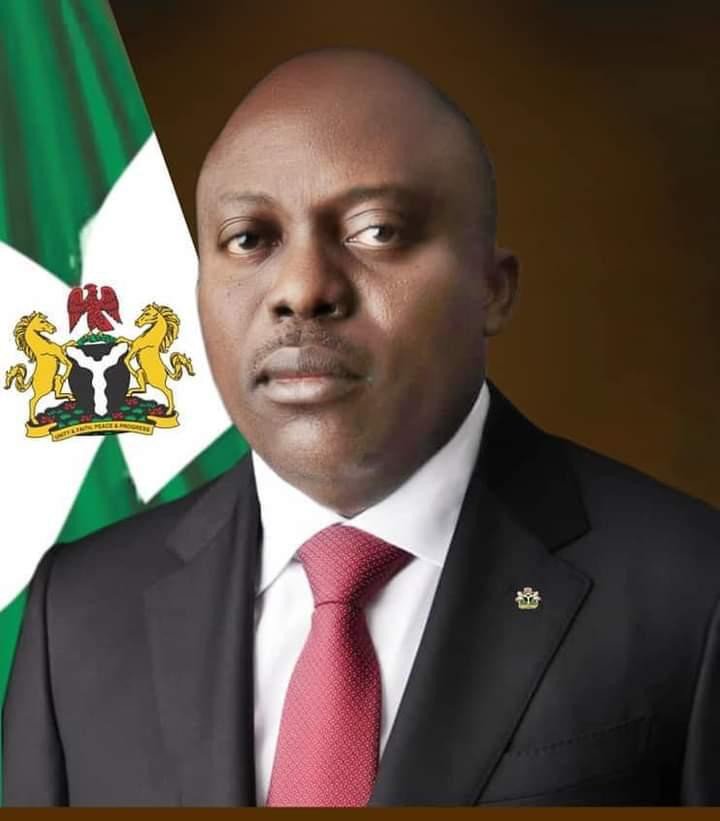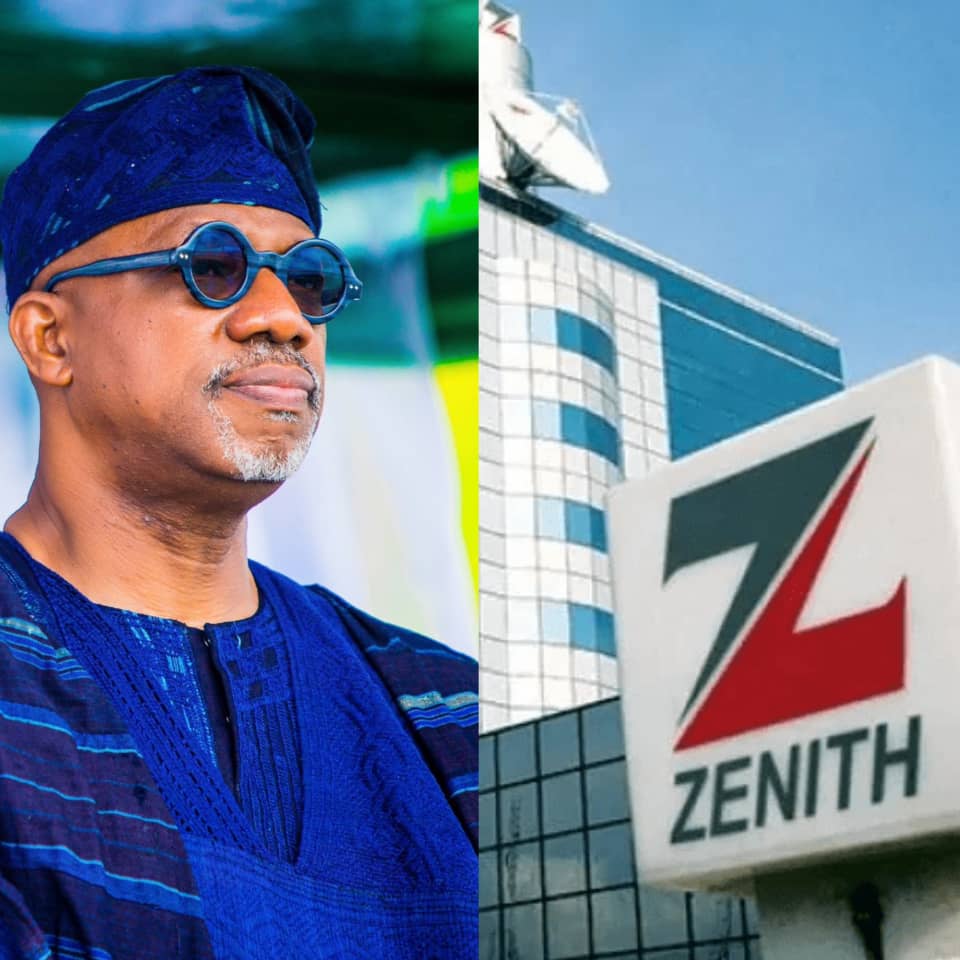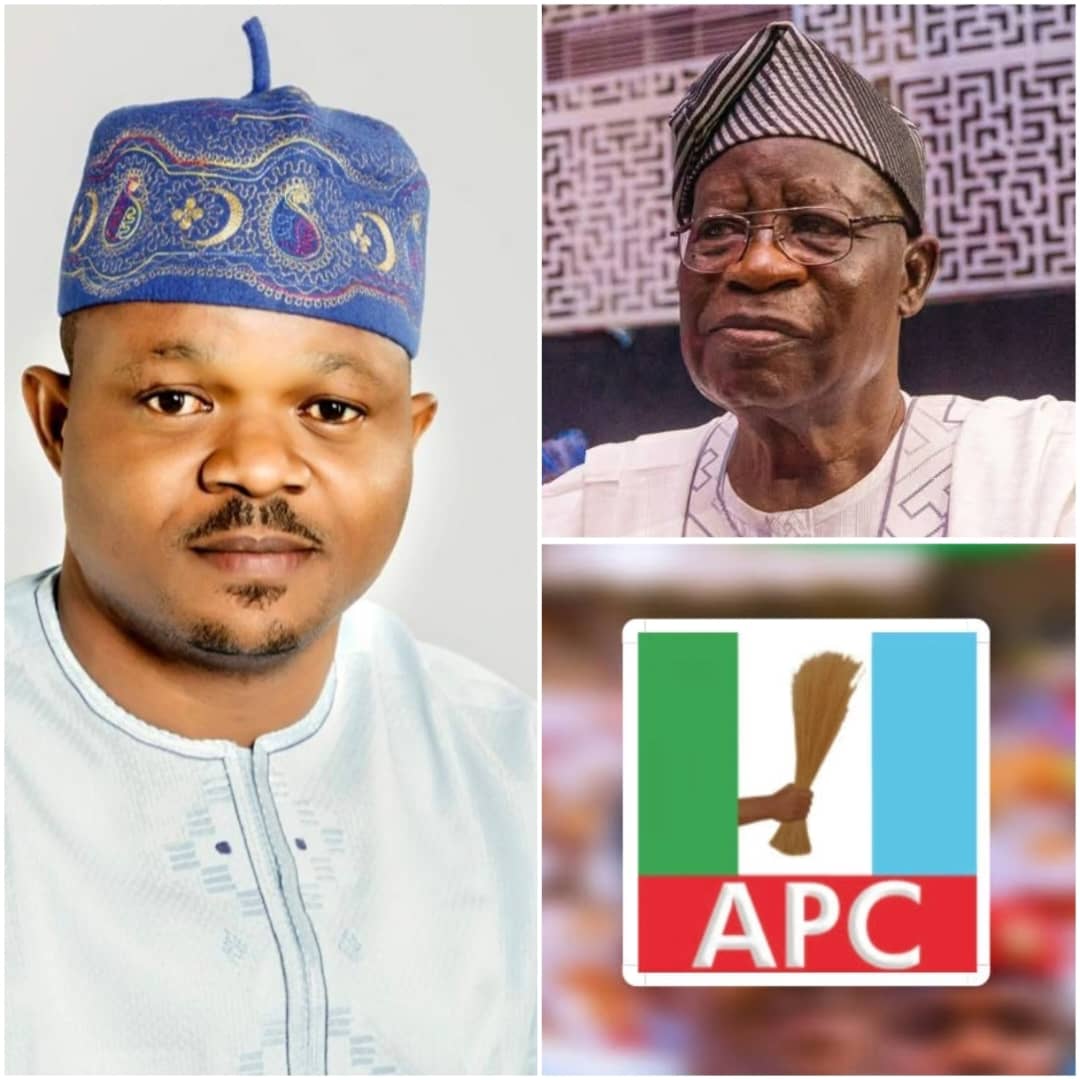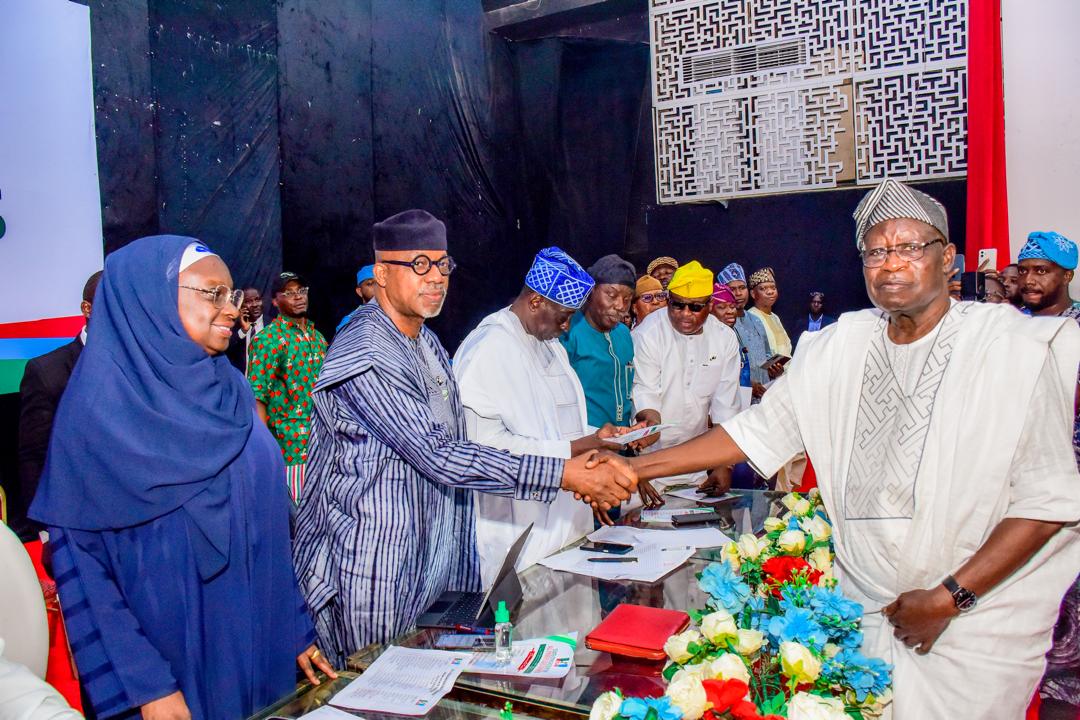Fubara Fully Assumes Control of Rivers State

Rivers State has officially transitioned from a six-month period of Sole Administration to full democratic governance, as Governor Siminalayi Fubara now takes complete control of the state’s executive functions.
The move signals the end of an extraordinary chapter in the state’s political history, one marked by intense power struggles and emergency governance measures.
The sole administration arrangement was introduced six months ago at the height of Rivers’ political crisis, which saw strained relations between Governor Fubara and factions of the State House of Assembly.
To prevent a governance vacuum, the Governor was authorized to oversee the State largely without a fully functioning cabinet, relying instead on Senior Civil Servants to keep Government activities afloat.
During this period, Fubara focused on stabilizing the machinery of Government, securing State revenues, and addressing urgent security concerns.
His administration managed to maintain peace in volatile riverine communities, sustain workers’ salaries, and push forward a handful of infrastructure projects despite the constraints.
In a statewide broadcast marking the end of the sole administration, Governor Fubara thanked Rivers people for their resilience and understanding, stressing that the challenges of the past six months had prepared his Government for a stronger future.
“This transition is not just about the end of Sole Administration, but about the beginning of renewed governance.
Rivers people deserve stability, progress, and inclusive leadership, and I am committed to ensuring that our democracy delivers on its promise,” the Governor declared.
He announced plans to reconstitute his cabinet in the coming days, noting that new commissioners, advisers, and board members would be unveiled to drive the state’s policy agenda.
Cabinet Reshuffle and Policy Priorities
Government insiders revealed that the Governor’s new cabinet will reflect a balance of technocrats and loyal political allies, aimed at strengthening governance while managing lingering political rivalries.
Analysts say this will be a defining test for Fubara, as his choices could either calm or reignite political tensions in the State.
Top on the Governor’s agenda are infrastructure development, job creation, educational reforms, and security enhancement.
Fubara also signaled fresh investment in healthcare and rural development, areas many residents believe have been neglected in recent years.
The end of the sole administration has sparked widespread reactions across the state.
Civil society groups hailed the development as “a restoration of democratic order,” while traditional rulers called on the Governor to prioritize peace-building.
Port Harcourt-based political commentator, Dr. Kingsley Wali, observed:
“The sole administration was never a permanent solution. Now that Governor Fubara has full control, he must prove his capacity to govern inclusively.
His ability to balance political interests while delivering development will determine how Rivers people judge him.”
The expiration of the six-month arrangement is being interpreted by many as a fresh start for Governor Fubara, who now has both the constitutional authority and political mandate to deliver on his promises.
However, expectations are high, and pressure is mounting on him to heal political divisions, rebuild public trust, and accelerate stalled development projects.
As Rivers enters this new era, the eyes of the state — and indeed Nigeria — remain fixed on Governor Fubara’s ability to consolidate power and deliver lasting progress.



